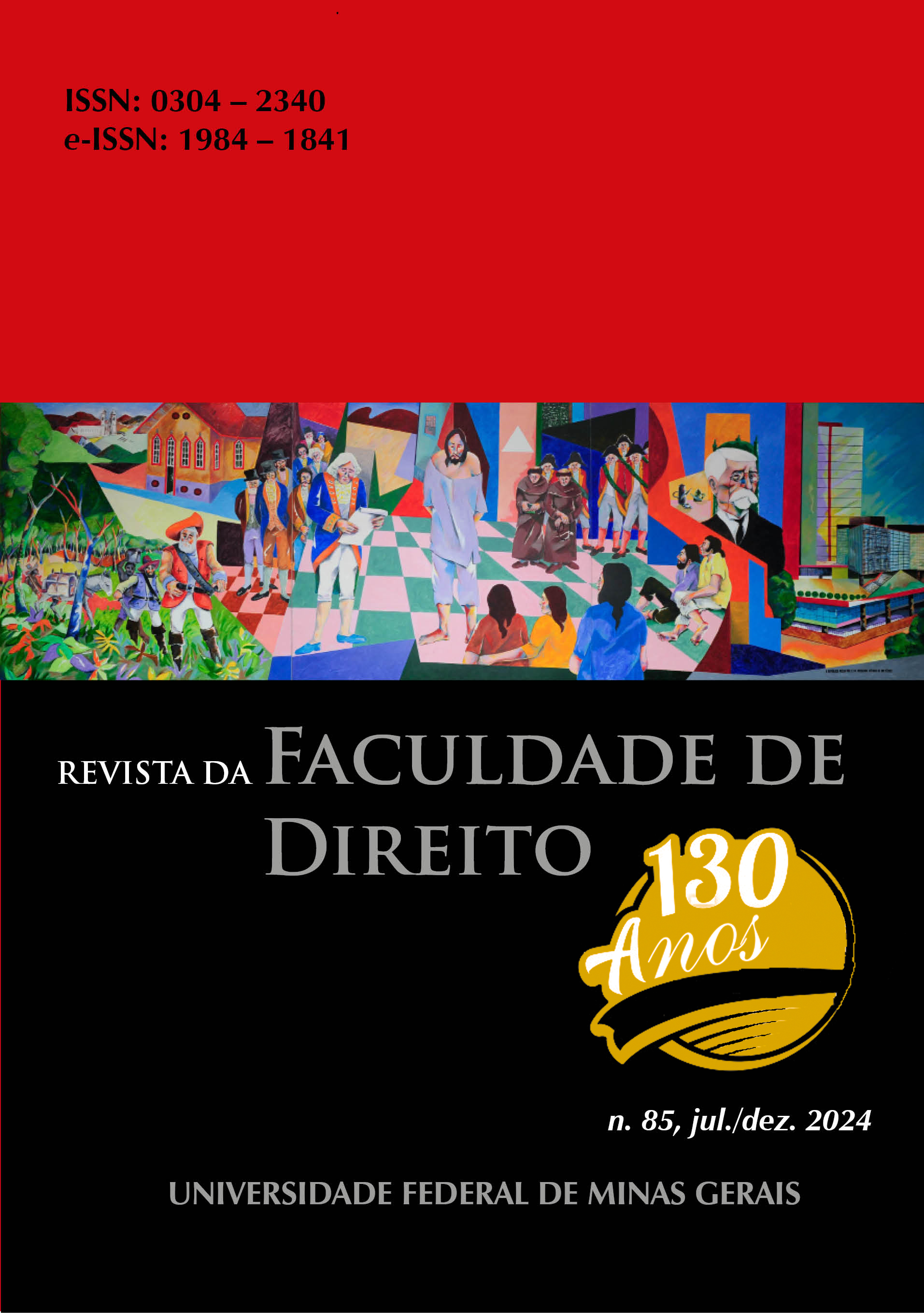DE FACTO UNION: FROM NON-EXISTENCE TO LEGAL INSECURITY
DOI:
https://doi.org/10.12818/P.0304-2340.2024v85p317Abstract
In the contemporary legal context, the de facto
union presents itself as a challenging subject
to be conceptualized due to the ambiguity of
its criteria. The line between characterization
and non-characterization of this institution
becomes thin, reflecting the jurisprudential
oscillation between the flexibilization and
restriction of its requirements, as well as the
increasing equivalence with marriage. This
legal uncertainty is evidenced in the casuistic
application of the concept, which sometimes
recognizes the de facto union in cases of longterm
cohabitation, while other times rejects
it. This article, therefore, aims to conduct
a critical analysis of this scenario, from a
historical approach to the investigation of
specific cases, especially those judged by the
Superior Court of Justice (STJ). The method
used was analytical, aiming to evaluate the
excessive regulation of Family Law, proposing
reflection on deregulation as a possible
solution. As results, the study points out issues
related to the freedom of choice between
marriage and de facto union, highlighting
as a conclusion the need for corrections in
the current legal landscape to mitigate the
insecurity and present flaws. The article thus
contributes to understanding the gaps and
contradictions in the application of de facto
union, evidencing the transition from nonexistence
to legal insecurity in this context.
KEYWORDS: Family law. De facto union.
Long-term cohabitation. Legal insecurity.




















